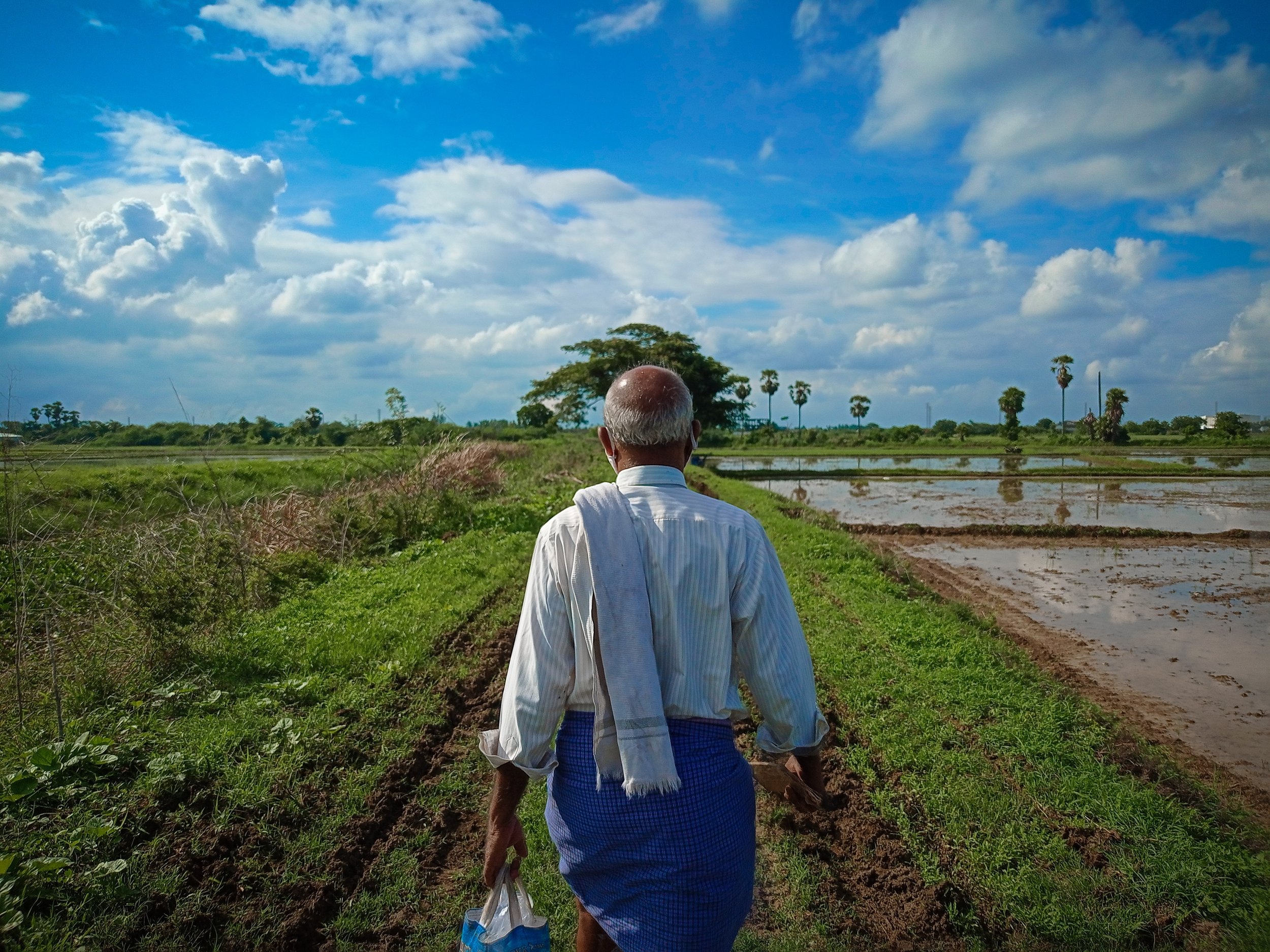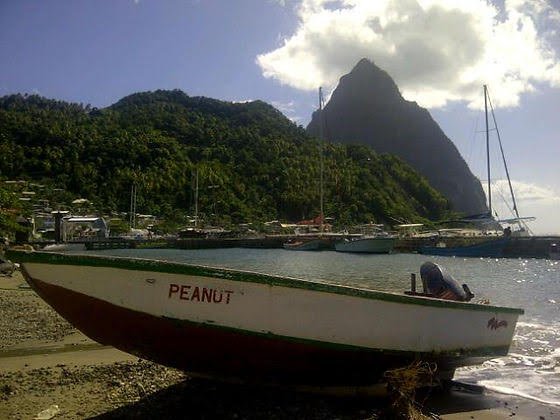Dr. Srishti Yadav is an Instructor for the Economics & Society stream in the Department of Economics at the University of Manitoba. She has a PhD in Economics from The New School in New York. Her dissertation research focuses on the political economy of development in India, investing the relationship between agrarian change and structural transformation through the framework of the Agrarian Question. Her ongoing research examines changing agrarian class relations in the face of growing rural-urban migration and the caste- and gender-based dynamics of this process through fieldwork. Her teaching interests are in Marxian Political Economy and Development Economics.
A note from Lev:
I am a high school teacher of history and economics at a public high school in NYC, and began the podcast to help demystify economics for teachers. The podcast is now within the top 2.5% of podcasts worldwide in terms of listeners (per Listen Notes) and individual episodes are frequently listed by The Syllabus (the-syllabus.com) as among the 10 best political economy podcasts of a particular week. The podcast is reaching thousands of listeners each month.
The podcast seeks to provide a substantive alternative to mainstream economics media; to communicate information and ideas that contribute to equitable and peaceful solutions to political and economic issues; and to improve the teaching of high school and university political economy.
I am looking to be able to raise money in order to improve the technical quality of the podcast and website and to further expand the audience through professionally designed social media outreach. I am also hoping to hire an editor.
Best,
Lev










